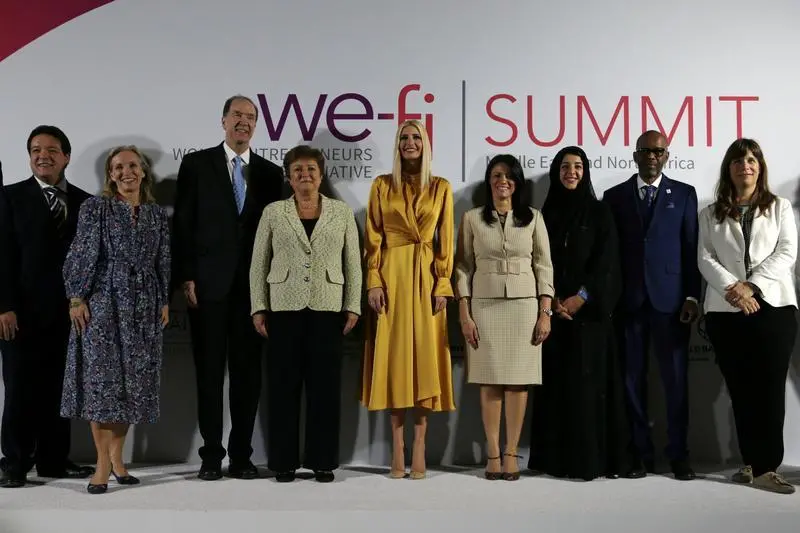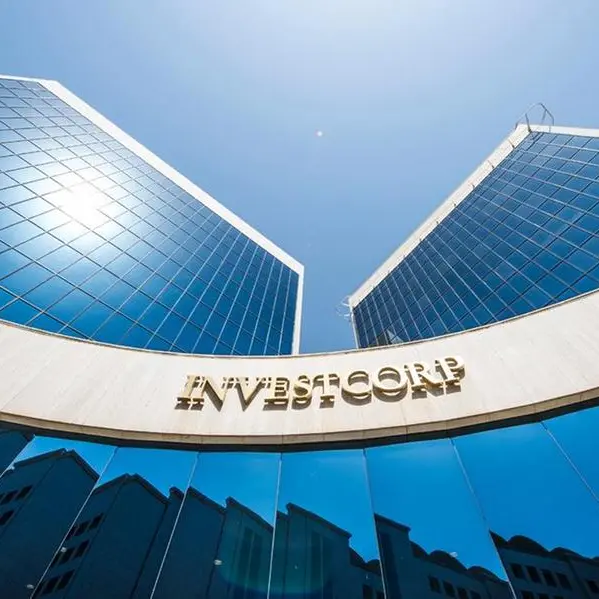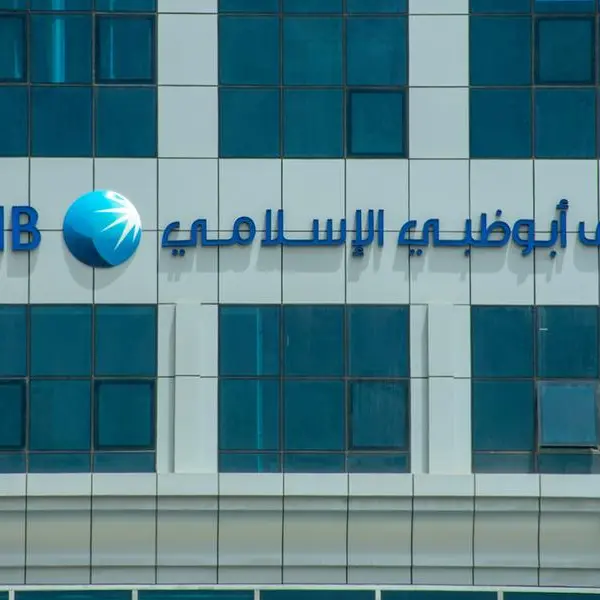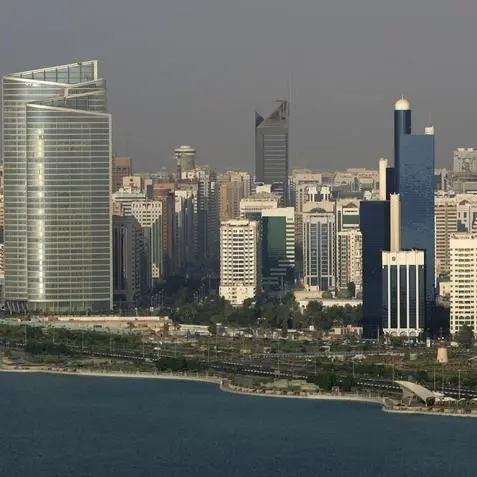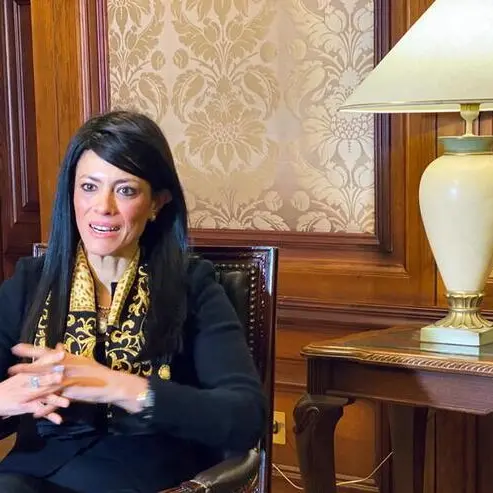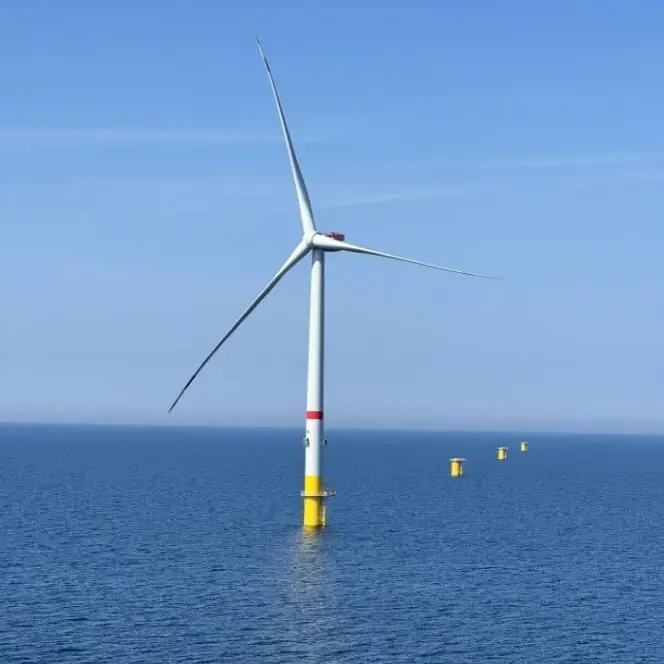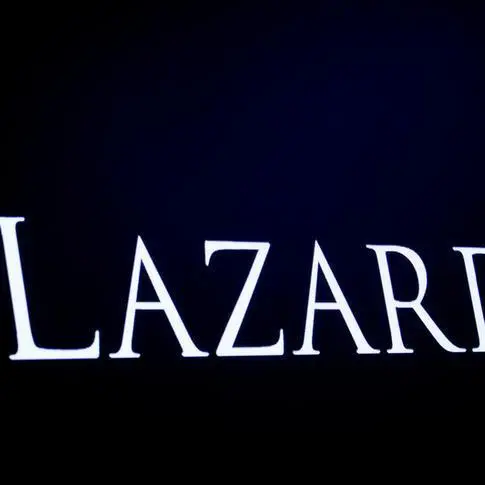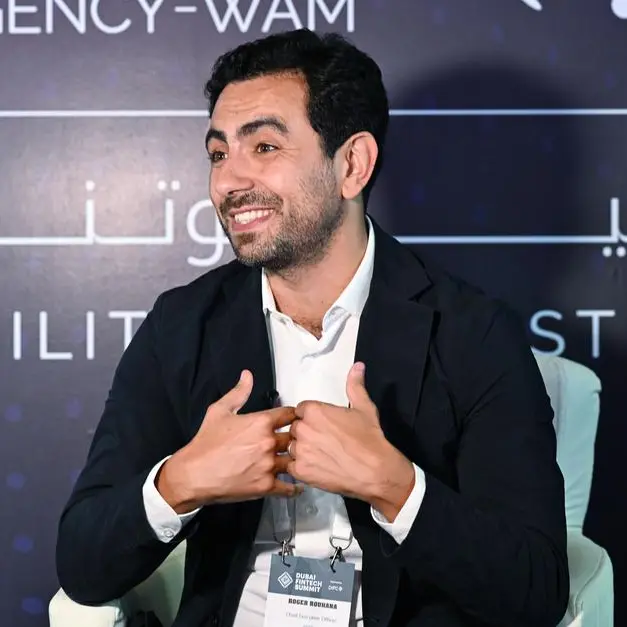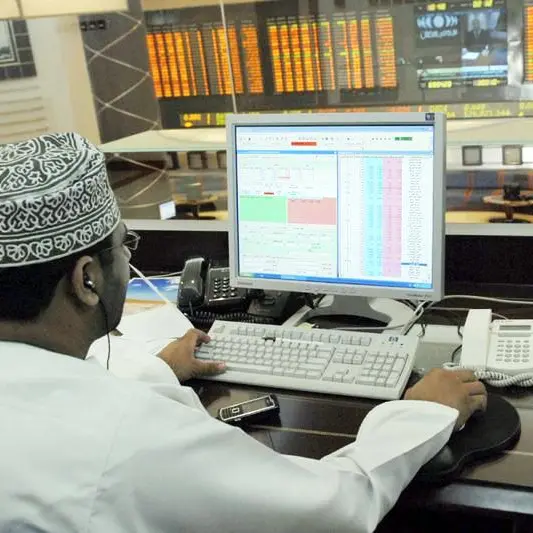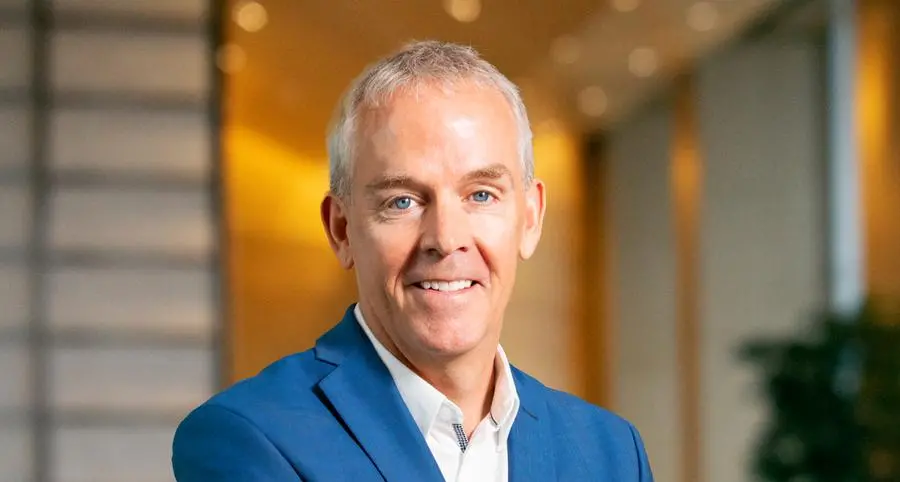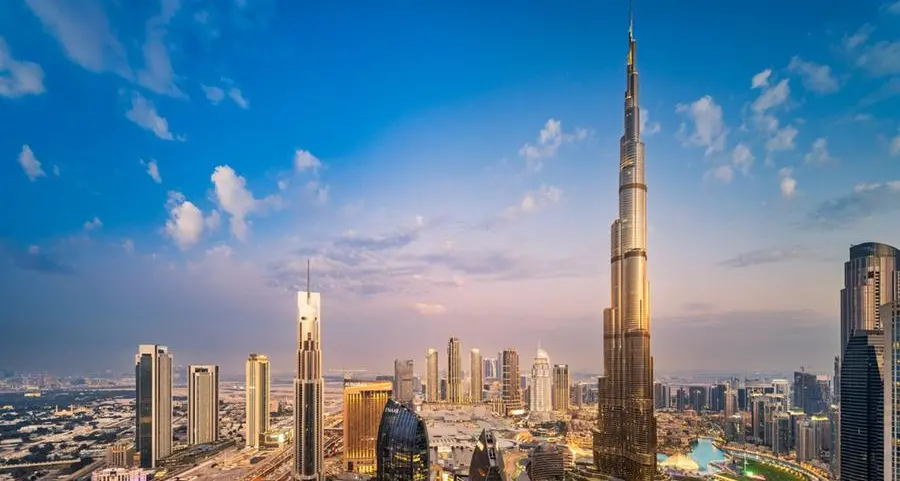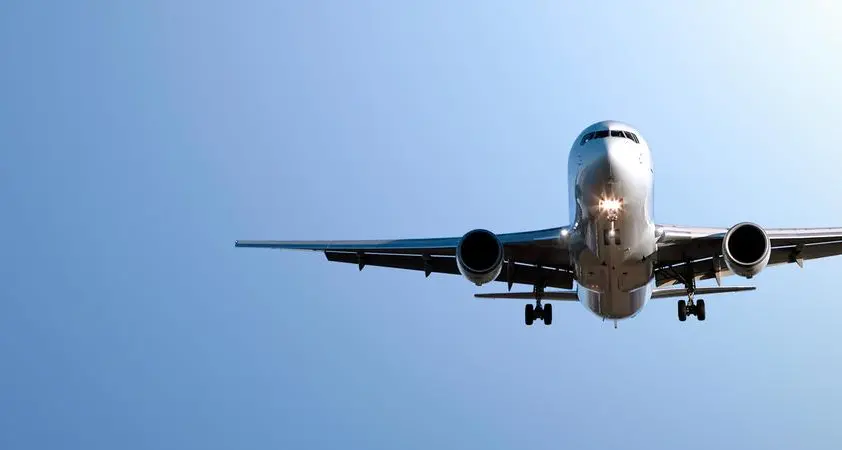PHOTO
Increased equality of the sexes could help businesses reap more profits and create trillions of additional wealth and economic output for the economies of the world, including the Middle East and North Africa (MENA) region.
This was one of the key takeaways that government leaders highlighted at the ongoing Global Women’s Forum in Dubai, a two-day gathering that features women in private and public sectors as well as their significant impact and contribution to the economy.
Among those who spoke at the event, David Malpass, President of the World Bank Group, said that closing the gender gap in the workforce alone could expand the economic output of the MENA region significantly. Currently, some $575 billion in income is lost in the region because women continue to face obstacles in achieving their full potential, he said.
“We estimate that in MENA, increasing female labour force participation to the levels of men could boost regional GDP by 47 percent,” said the World Bank official.
According to Kristalina Georgieva, managing director of the International Monetary Fund (IMF), the financial benefits of having a gender-balanced society are indeed tremendous, with the most recent estimates suggesting trillions of US dollars in additional wealth.
“If tomorrow, we woke up in a world with 100 percent gender equality, the wealth of the world would be $172 trillion bigger. We would be a much richer world. If we are to bring the Middle East on par with the more advanced economies over the next years, there would be $1 trillion more in output,” she said on Sunday,
These insights were echoed earlier by some of the panelists at the event. For Hessa Buhamaid, the UAE’s minister of community development, if women were on equal parity with men in top positions, companies would make more money.
“For example, in Australia, studies have shown that businesses with 30 percent of women in leadership positions are 13 percent more profitable,” Buhamaid said.
Buhamaid, however, pointed out that so much has been achieved in the UAE in the promotion of women’s rights and higher economic participation.
The majority of Emirati women (77 percent), for example, enroll in education after secondary schools, while 70 percent of university graduates in the UAE are women. Besides, she added, the literacy rate of women in the UAE stands high at 96 percent.
“This year, we celebrate that 50 percent of our national council, our parliament basically, is represented by women. I attended a session with them a month ago and I was proud and happy to see this representation of women... We know that the future is brighter when women are given a chance to speak up because if a woman speaks up, she speaks up for the whole society,” said Buhamaid.
The UAE, as well as Saudi Arabia, for instance, has made several reforms that promote women empowerment. "Since 2015, the UAE has pushed for legislative reforms, including equal pay and female representation in corporate boardrooms. In Saudi Arabia, laws were changed to protect women from employment discrimination and to prohibit employers from dismissing a woman during pregnancy and maternity leave," said Malpass.
Gap is still prevalent
However, across the MENA region, the gender gap is still very prevalent. According to Caren Grown, senior director for gender at the World Bank Group, labour participation rate for women in the region is only about 21 percent as of 2018, compared to 74 percent for men.
In terms of income, women continue to lag behind men, with the regional wage gap at 40 percent on average.
In other parts of the globe, the picture doesn’t look as promising, either. “Women around the world still have three-quarters of the legal right as men,” she said, adding that there is also a huge disparity between men and women in terms of mobile phone ownership and access to the internet.
“When it comes to entrepreneurship, only 28 percent of women own small medium-size businesses and there’s a gap in access to finance. If we can reduce these gaps, the economies and countries, and women themselves, can actually benefit,” Grown said.
The forum, organised by the Dubai Women Establishment under the theme, ‘The Power of Influence,’ has attracted more than 100 leaders and experts from around the world. An estimated 3,000 delegates from 87 countries were also expected to participate in the forum for more than 60 workshops and sessions.
(Reporting by Cleofe Maceda; editing by Seban Scaria)
Disclaimer: This article is provided for informational purposes only. The content does not provide tax, legal or investment advice or opinion regarding the suitability, value or profitability of any particular security, portfolio or investment strategy. Read our full disclaimer policy here.
© ZAWYA 2020
